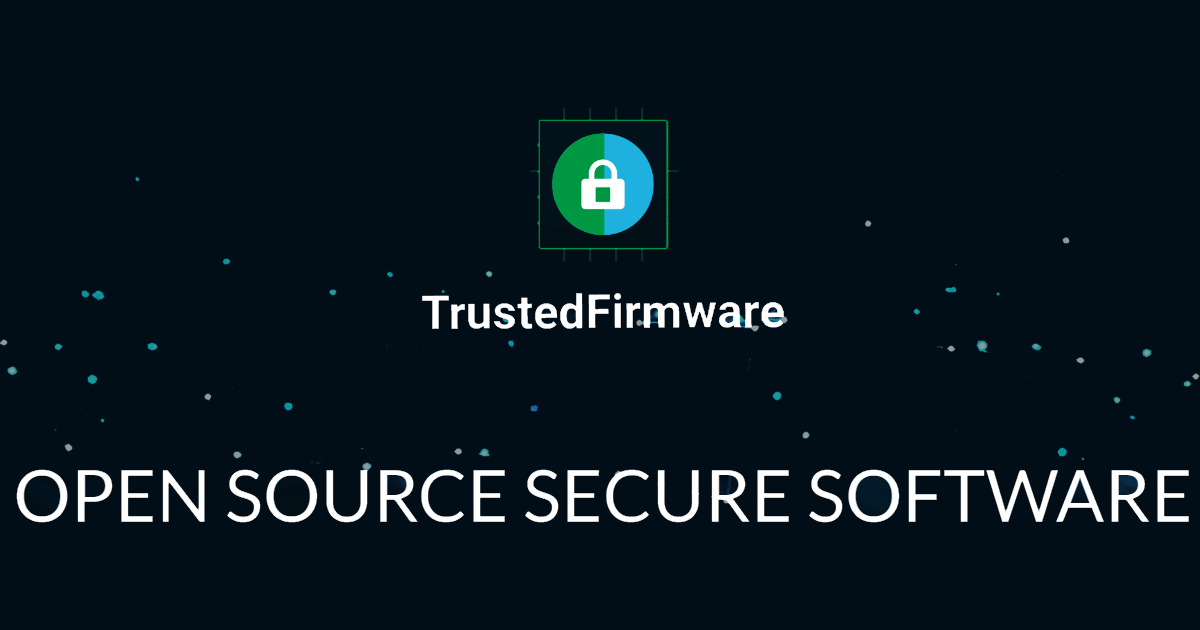Originally posted by oleid
View Post
AMD has Stadia and most gaming consoles because AMD will in fact do the custom drivers the vendors want. Nvidia is a jackass.




Comment